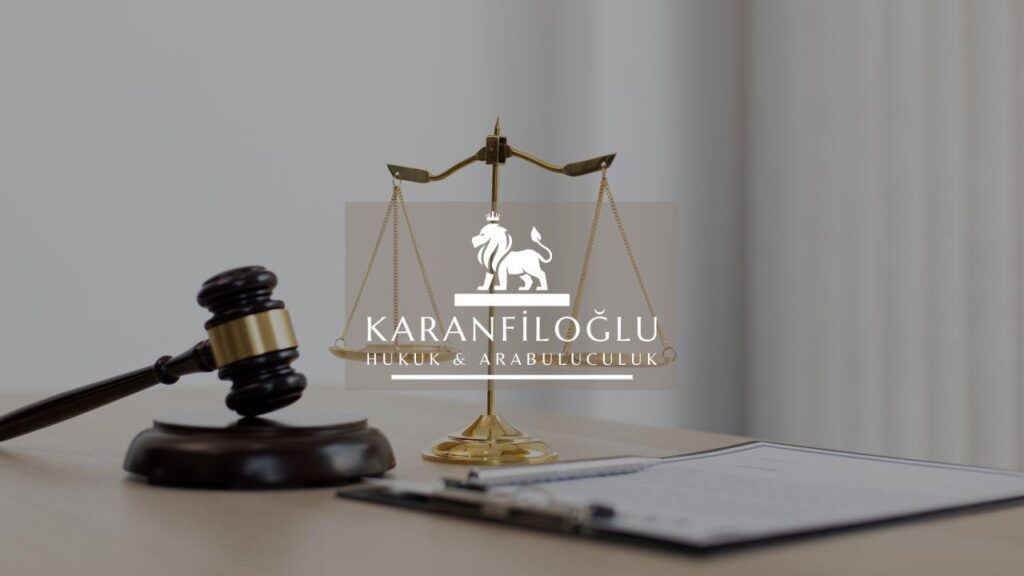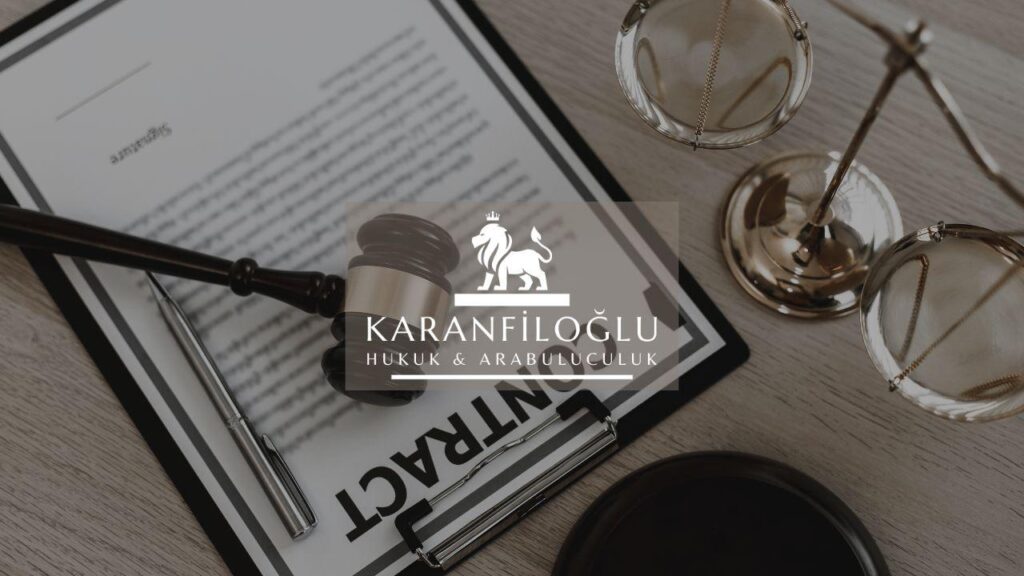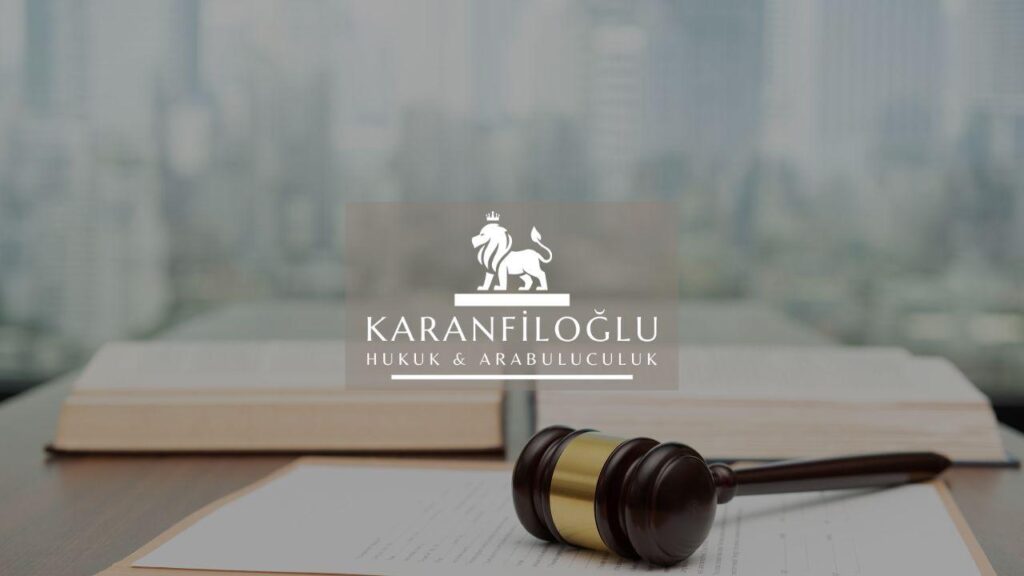Navigating the complexities of Turkish Criminal Law necessitates a comprehensive understanding of the relevant statutes and regulations which are essential for both defendants and legal practitioners. At Karanfiloglu Law Office, we are adept in handling matters governed by the Turkish Penal Code (Türk Ceza Kanunu) and the Criminal Procedure Code (Ceza Muhakemesi Kanunu). The Turkish Penal Code, codified as Law No. 5237, delineates a wide array of offenses, penalties, and general principles of criminal responsibility, while the Criminal Procedure Code, Law No. 5271, meticulously outlines the procedural aspects, ensuring fair trial rights and due process. Our expertise extends to these intricate areas, offering bespoke legal support to ensure that our clients are well-represented and their rights are unequivocally protected throughout the legal proceedings. By partnering with Karanfiloglu Law Office, you gain access to seasoned professionals who are proficient in every facet of Turkish Criminal Law.
Key Elements of Turkish Criminal Law
A cornerstone of Turkish Criminal Law is the principle of legality, enshrined in Article 2 of the Turkish Penal Code (Law No. 5237), which stipulates that no act can be deemed criminal or subjected to a penalty unless explicitly defined by law. This principle ensures predictability and fairness in enforcement, safeguarding individuals from arbitrary prosecution. Furthermore, Article 38 of the Turkish Constitution reinforces this notion by prohibiting retroactive application of criminal laws, except in cases where the new law is more favorable to the defendant. Additionally, the Criminal Procedure Code (Law No. 5271) under Article 206 governs the admissibility of evidence, ensuring that only legally obtained evidence is considered valid in court. Such stringent adherence to the principle of legality and procedural safeguards underlines the commitment of Turkish Criminal Law to uphold justice and protect the rights of all parties involved.
Another pivotal aspect of Turkish Criminal Law is the principle of individual criminal responsibility, articulated in Article 20 of the Turkish Penal Code. This provision holds that criminal liability is strictly personal, meaning individuals are held accountable for their own actions and cannot be penalized for the actions of others. Additionally, Article 21 delves into the distinction between intent (kast) and negligence (taksir), establishing that criminal liability generally depends on the intent to commit a criminal act, unless specified otherwise by law. The principle of culpability ensures that the severity of punishment correlates with the accused’s degree of intent and the nature of their actions. The Criminal Procedure Code further reinforces this through Article 160, which obligates law enforcement to investigate with impartiality and thoroughness, thereby guaranteeing that only those genuinely responsible for criminal conduct are prosecuted. At Karanfiloglu Law Office, we diligently apply these principles to provide adept legal defense and ensure that our clients’ cases are handled with the utmost integrity.
Complementing these foundational principles is the right to a fair trial, which is deeply ingrained in Turkish Criminal Law. Article 36 of the Turkish Constitution pledges to all individuals the right to lawful judgement, a concept mirrored in Article 6 of the European Convention on Human Rights, to which Turkey is a signatory. This right is further embodied in the Criminal Procedure Code (Law No. 5271), specifically in Article 147, which outlines the rights of the suspects and defendants, including the right to remain silent and the right to legal counsel. The guarantee of a fair trial encompasses the presumption of innocence, as outlined in Article 38 of the Turkish Constitution, which mandates that individuals are considered innocent until proven guilty through due judicial process. At Karanfiloglu Law Office, we are resolutely committed to ensuring that these rights are vigorously defended, providing our clients with comprehensive legal representation that champions justice and fairness at every stage of criminal proceedings.
Navigating the Turkish Criminal Justice System
Navigating the Turkish criminal justice system requires an in-depth understanding of both substantive and procedural law. Under the Turkish Penal Code (Türk Ceza Kanunu) Law No. 5237, offenses are categorized into specific crimes such as theft (Article 141), fraud (Article 157), and bodily harm (Article 86). Each crime comes with distinct elements that must be proven beyond a reasonable doubt for a conviction. The Criminal Procedure Code (Ceza Muhakemesi Kanunu) Law No. 5271 ensures that the rights of suspects and defendants are protected throughout the investigatory and trial processes, as outlined in provisions like Article 147, which guarantees the right to a fair trial, and Article 101, which addresses pre-trial detention. Our team at Karanfiloglu Law Office boasts extensive experience in interpreting these laws to effectively shield our clients’ rights and interests at every procedural juncture.
One of the critical aspects of navigating the Turkish criminal justice system is understanding the role and function of pre-trial procedures. The initial stages, beginning with the investigation phase under the guidance of the public prosecutor, often involve police custody and interrogations governed by specified rules to prevent unlawful treatment and ensure transparency, as emphasized in Article 91 of the Criminal Procedure Code (Ceza Muhakemesi Kanunu). During this phase, the accused has the right to legal counsel, a crucial safeguard provided in Article 149, ensuring that defendants are informed of the charges against them and can mount an effective defense. Additionally, preventive measures like bail conditions and judicial control mechanisms, articulated in Article 109 and Article 110, offer alternatives to detention, balancing the necessity of securing the presence of the accused with their liberty interests. At Karanfiloglu Law Office, we meticulously advocate for these rights, striving to mitigate pre-trial hardships and enhance our clients’ positions from the very outset of the criminal proceedings.
As the case transitions from the investigatory phase to the trial phase, ensuring that the proceedings adhere to the guarantees laid out by the Turkish legal framework becomes paramount. Under Article 206 of the Criminal Procedure Code, both prosecution and defense are granted the right to present evidence and challenge the admissibility of evidence, safeguarding the principles of a fair trial. The trial itself must be conducted in compliance with Article 36 of the Turkish Constitution, which enshrines the right to legal remedies and a fair hearing. Furthermore, the accused’s right to appeal against any judgment is protected under Article 272 of the Criminal Procedure Code, ensuring that any decisions rendered can be scrutinized by higher judicial authorities. At Karanfiloglu Law Office, we are committed to navigating these critical trial stages with rigorous advocacy, ensuring our clients’ rights are upheld through every tier of the judicial process to achieve the most favorable outcomes possible.
Essential Rights and Protections for Defendants in Turkey
Defendants in Turkey are entitled to a myriad of essential rights and protections under the Turkish Criminal Procedure Code (Law No. 5271), ensuring that justice is both fair and impartial. Article 147 of this code mandates that defendants must be promptly informed of the charges against them, allowing them adequate time and facilities to prepare their defense. Furthermore, Article 150 affords defendants the right to legal assistance, even if they cannot afford a lawyer, the state is obligated to provide one. It is equally important to stress that Article 148 prohibits any form of coercion, torture, or inhumane treatment during detention or interrogation, upholding the sanctity of human dignity. These protections are designed to maintain the integrity of the legal process, ensuring that every individual receives a fair trial, a cornerstone principle that Karanfiloglu Law Office vigilantly upholds in all its legal practices.
In addition to the rights explicitly outlined in the Criminal Procedure Code, defendants are also safeguarded by constitutional guarantees. Article 36 of the Turkish Constitution provides for the right to a fair trial, ensuring every individual can seek legal remedy under fair conditions. Furthermore, Article 38 emphasizes that everyone is presumed innocent until proven guilty, a fundamental principle that shapes the prosecution and defense strategies in criminal cases. Article 135 of the Turkish Criminal Procedure Code also ensures that defendants have the right to collect and present evidence in their favor, promoting an equitable evidence-gathering process. At Karanfiloglu Law Office, we conscientiously enforce these constitutional and procedural safeguards, guaranteeing that our clients benefit from every protection enshrined in Turkish law. Our dedication to these principles not only fortifies the defense but also fortifies trust in the justice system itself.
Moreover, Article 18 of the Turkish Penal Code (Law No. 5237) underscores the importance of proportionality in sentencing, ensuring that the punishment fits the crime and is not excessive. This principle acts as a critical check on judicial discretion, preventing arbitrary or disproportionate sentences. Concurrently, Law No. 5275 on the Execution of Sentences and Security Measures stipulates humane conditions of imprisonment, underscoring the humane treatment of convicts. Our team at Karanfiloglu Law Office is adept at navigating these legislative provisions, advocating vigorously to mitigate harsh penalties and secure favorable outcomes for our clients. We diligently monitor enforcement practices to safeguard against any potential violations of these rights, thus ensuring that the post-conviction phase aligns with the legal standards set by Turkish law. By leveraging every protective measure available, we strive to deliver justice and uphold the fundamental rights of those we represent.
Disclaimer: This article is for general informational purposes only and you are strongly advised to consult a legal professional to evaluate your personal situation. No liability is accepted that may arise from the use of the information in this article.







